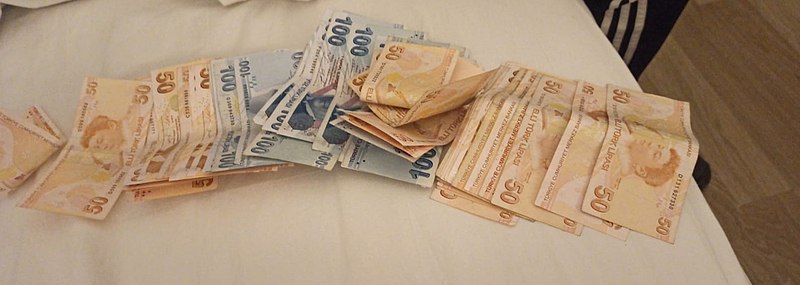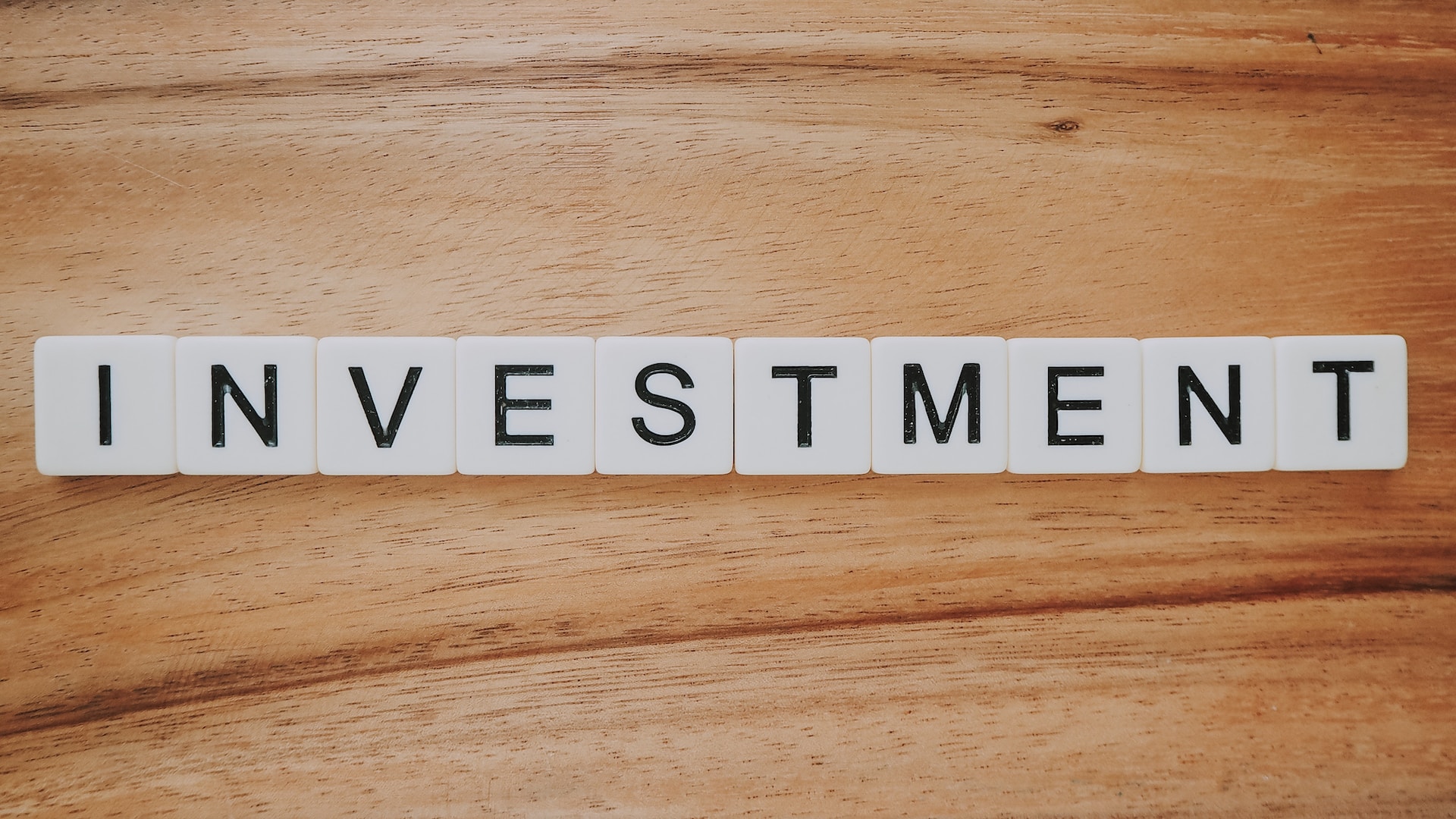Hello, financial mavericks and investing pioneers!
Today, let’s chat about a topic that has Wall Street banks scurrying to rehash their forecasts like they’re chasing a runaway stock — Turkish interest rates and inflation.
Just last week, the market was caught off guard with a 25% interest rate hike in Turkey.
And guess what?
Wall Street’s crystal ball says there’s more to come.
Inflation in Turkey has skyrocketed to almost 60%, and top-tier analysts predict it could go up to 70% next year.
Let’s cut through the jargon: “inflation” in layman’s terms is the rate at which the general level of prices for goods and services rises, diminishing your purchasing power.
And if your currency has the spending power of a rubber duck, you’re in a bind.
For Turkey, this is a precarious game of monetary policy, something akin to juggling fire while riding a unicycle.
But, Opportunity Knocks!
Now, you might be asking, “Peter, what does this mean for us, the shrewd investors?”
Ah, the question of the day!
Remember, chaos often breeds life, when order breeds habit.
If you’re an investor willing to dance with risk, you might find an exciting opportunity in the Turkish market’s volatility.
But before you go and throw your capital into Turkish assets, let me give you some strategies to consider.
1. Currency Plays
When interest rates rise in a country, the value of its currency often increases relative to others. For those who like to dabble in the forex market, betting on the Turkish Lira could be one avenue. But be cautious; this is not a game for the faint-hearted.
2. Turkish Bonds
Higher interest rates can yield more attractive returns on new bonds. However, the risk is that the issuer—here, the Turkish government—may default. High yield, high risk; that’s the game.
3. Gold Investments
Inflation usually sends investors running for the hills—hills made of gold, that is. Owning gold, or assets linked to gold, can provide a hedge against inflation. If you expect Turkish inflation to continue surging, consider investing in gold assets in the country, or globally.
4. Short-term Investments
When uncertainty looms, long-term investments become riskier. You might want to shift your focus to short-term plays that you can cash in on when you feel the tide turning.
Marching into March
According to analysts, more tightening measures are expected at least until March, around the time of local elections in Turkey.
Politics and economics go hand in hand, or sometimes hand in pocket.
Be aware of the timeline and keep your exit strategy sharp.
To sum it up, there’s no fortune without risk, but risk should always be calculated.
The Turkish market situation has a mixed bag of nuts — some might be sweet, and some might crack your teeth.
Invest wisely and stay ahead of the game.
Until next time, happy pioneering!
Peter Burke
















